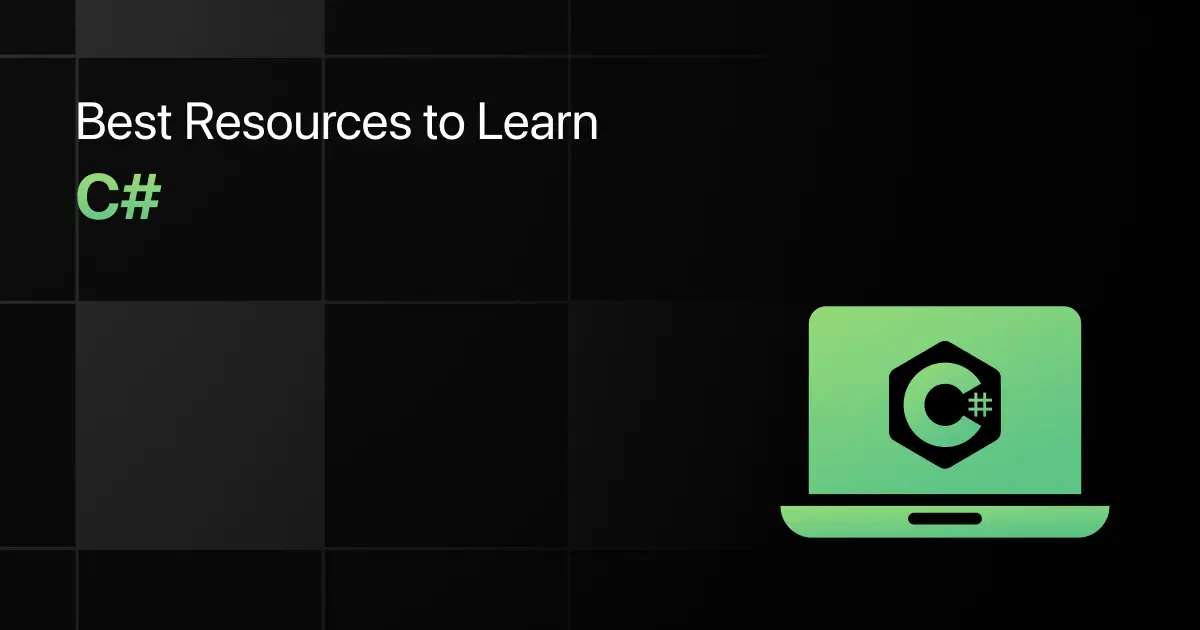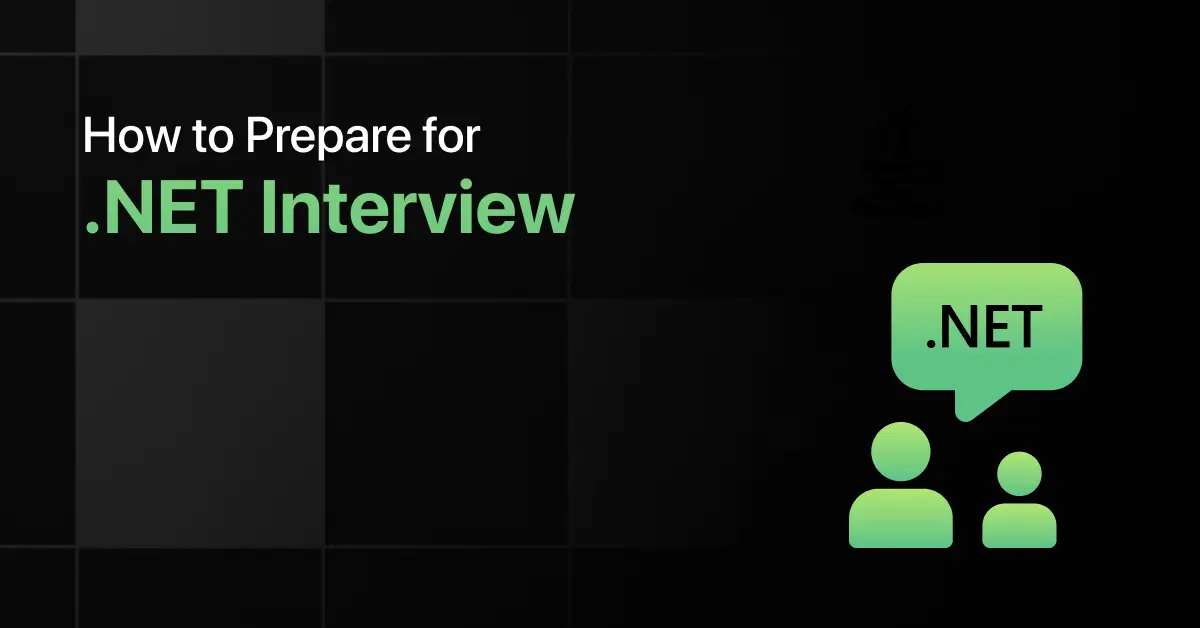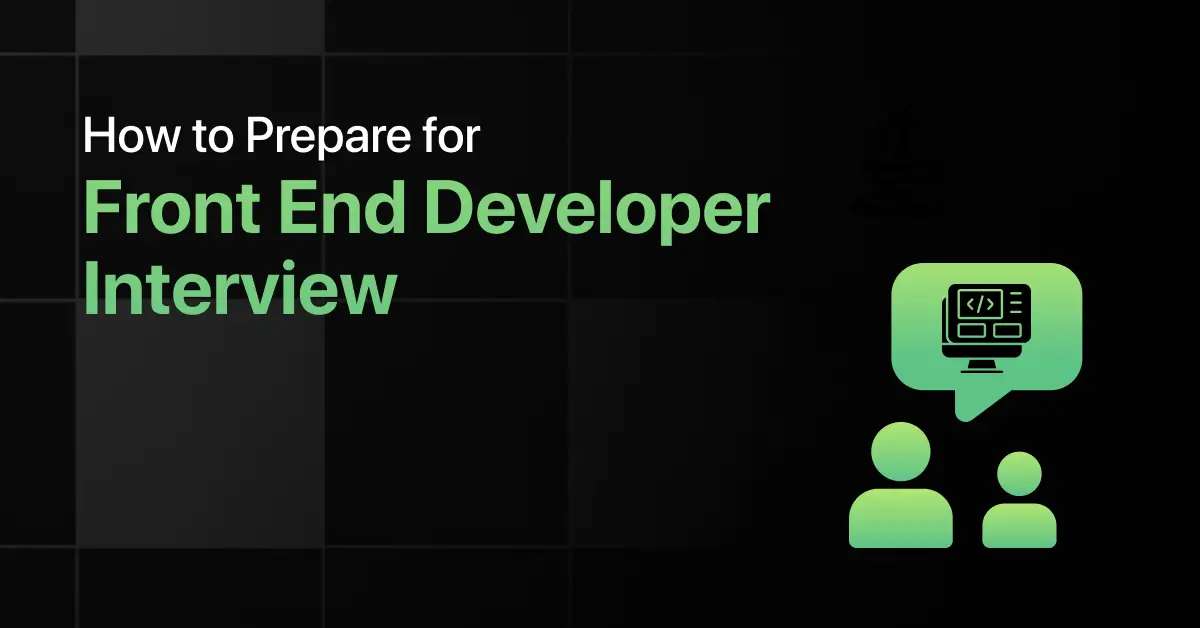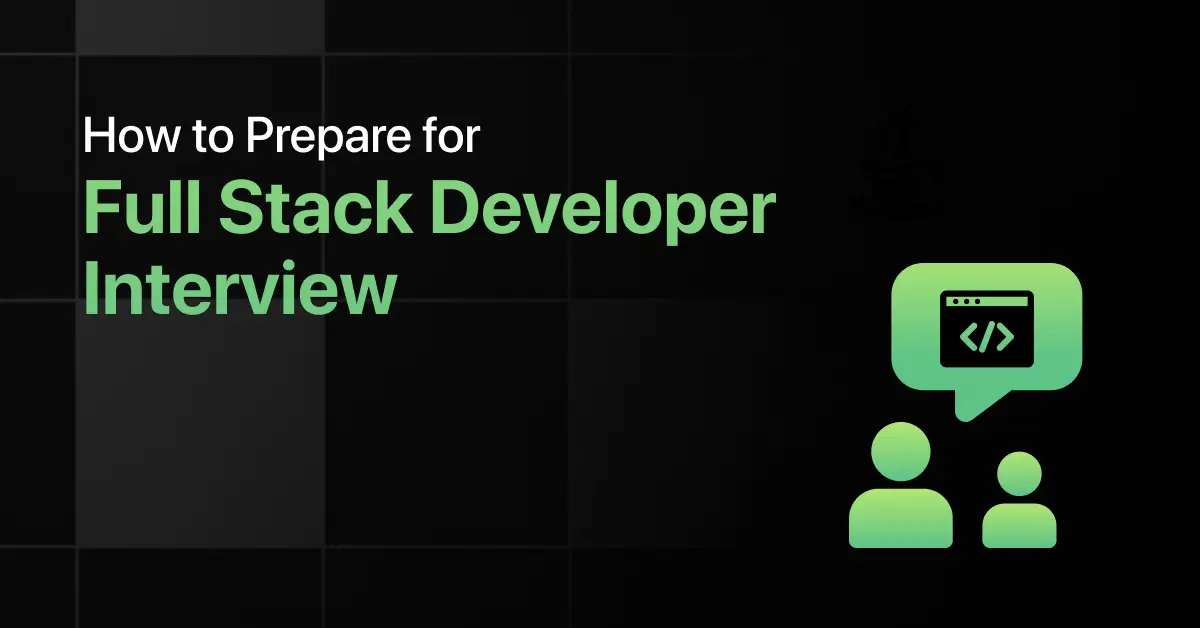Best Resources to Learn C#

C# is a modern, versatile, and object-oriented programming language developed by Microsoft. It is commonly used for building desktop applications, backend systems, web services, and games using the Unity engine. With its robust syntax and strong integration with the .NET ecosystem, C# remains a top choice for enterprise and cross-platform development.
In 2025, learning C# is a valuable move for students and professionals interested in software engineering, game development, or enterprise-level backend roles. This article walks you through the most effective resources to learn C# step by step so you can build confidence and gain job-ready skills.
A Quick Overview of C#
| Popular Use Cases | C# is used in desktop apps, enterprise software, Unity game development, backend services, and cross-platform mobile apps. |
| Learning Curve | C# has a moderate learning curve, with a clear syntax and well-defined object-oriented structure that eases understanding. |
| Demand in India | C# is in demand in software services, product companies, fintech firms, and gaming studios across India. |
| Job Roles | Roles include C# Developer, .NET Developer, Game Developer, Backend Engineer, and Software Engineer. |
| Salary Range | Entry-level C# developers earn ₹4–6 LPA, while experienced developers can earn ₹12–22 LPA depending on domain and experience. |
| Top Companies Hiring | Top recruiters include Microsoft, Infosys, TCS, Capgemini, Cognizant, Accenture, and gaming firms using Unity. |
Key Concepts to Learn in C#
To become confident with C#, it’s important to understand the following foundational topics and features that power most .NET-based applications:
- Variables and Data Types : Learn how C# handles primitive types, nullable types, and custom data types.
- Control Flow : Use if, else, switch, and loop constructs to manage program logic.
- Methods and Parameters : Define functions with different parameter types, including optional and named arguments.
- Classes and Objects : Understand object-oriented programming using encapsulation, inheritance, and polymorphism.
- Collections and LINQ : Work with arrays, lists, dictionaries, and use LINQ to query and manipulate collections.
- Exception Handling : Handle runtime errors gracefully using try, catch, finally, and custom exceptions.
- File Handling : Read from and write to files using the System.IO namespace.
- Asynchronous Programming : Use async and await to handle asynchronous tasks and improve application performance.
- Events and Delegates : Learn how event-driven programming works using delegates and event handlers.
- Windows Forms and .NET Core Basics : Explore how C# powers desktop applications and cross-platform web APIs.
Best Online Resources to Master C#
C# is best learned in a structured path that begins with object-oriented fundamentals, followed by hands-on exercises with methods, control flow, and data handling.
As you gain confidence, explore topics like file handling, asynchronous programming, and project-based learning with .NET or Unity. The resources listed below are arranged to help you grow step by step from beginner to job-ready.
Getting Started
If you’re new to C#, the best way to begin is by following video tutorials and beginner-level courses that introduce programming concepts step by step.
1. YouTube Channels
YouTube offers an accessible way to learn C# through real-time walkthroughs and practical coding examples. These tutorials help explain core programming concepts such as variables, conditionals, functions, and classes in a beginner-friendly format.
Learning Outcomes:
- Understand the basics of C# syntax and logic
- Follow guided examples to create simple applications
- Learn how to run and debug code in real time
- Build familiarity with object-oriented programming
Mode of Learning: Online and self-paced
2. Free Courses
Free courses provide structured learning that gradually introduces C# programming through foundational lessons and code-along examples. These are ideal for learners who prefer a systematic and goal-oriented approach.
Learning Outcomes:
- Learn C# from scratch with guided lessons
- Practice core programming skills through small exercises
- Understand how C# integrates with the .NET framework
- Build a strong foundation in application logic
Mode of Learning: Online
Hands-On Practice
Practicing what you learn is key to building confidence and fluency in programming with C#.
1. Coding Exercises
Coding exercises allow you to apply your understanding of syntax, control structures, and object-oriented design. They help reinforce logic and prepare you for real-world applications and assessments.
Learning Outcomes:
- Practice writing code for common programming tasks
- Strengthen logic and syntax fluency
- Apply concepts like loops, arrays, and methods
- Prepare for coding rounds in placement tests
Mode of Learning: Online
2. Programming MCQs
Multiple choice questions provide a fast way to test your understanding of C# concepts such as data types, exception handling, classes, and control flow. These are especially useful for preparing for technical screenings.
Learning Outcomes:
- Review key programming concepts
- Improve speed and accuracy with quick recall
- Identify weak areas for focused revision
- Prepare for MCQ-based coding assessments
Mode of Learning: Online
3. Paid Courses
Paid courses offer a deeper and more comprehensive learning experience, often including hands-on projects, instructor support, and interview preparation. These courses are great for learners who want structured, job-oriented learning.
Learning Outcomes:
- Learn C# with real-world projects and guided lessons
- Understand the .NET ecosystem in detail
- Receive feedback and build a project portfolio
- Prepare thoroughly for technical job roles
Mode of Learning: Online
Get Job-Ready
Once you’re confident with C# fundamentals, focus on project building and interview preparation to transition into job readiness.
1. Mini Projects
Mini projects allow you to combine multiple C# concepts to create working applications. They help improve your ability to design, structure, and debug code, which is essential for real-world problem solving.
Learning Outcomes:
- Apply your C# knowledge in practical scenarios
- Strengthen design and debugging skills
- Learn how to write modular and maintainable code
- Build portfolio-ready apps to showcase your skills
Mode of Learning: Online
2. Interview Questions
Practicing interview-style questions helps you prepare for technical rounds by focusing on common coding problems, language-specific scenarios, and logical reasoning.
Learning Outcomes:
- Get familiar with frequently asked C# questions
- Learn to explain your code and approach clearly
- Improve coding efficiency and problem-solving under pressure
- Build confidence for placement and job interviews
Mode of Learning: Online
Additional Resources
For revision or extended learning, these additional resources offer valuable reference material and practice environments.
1. Microsoft
Microsoft’s official learning platform provides structured, interactive lessons designed to help you understand C# concepts and best practices. It is well suited for learners who want to follow official guidelines and documentation.
Learning Outcomes:
- Learn from beginner to advanced levels using official content
- Practice coding tasks within an interactive interface
- Understand how C# integrates with .NET features
- Reinforce knowledge with project-based examples
Mode of Learning: Online
2. GUVI Learning hub
The hub provides access to short lessons, real-world examples, and revision-friendly content. It is helpful for reinforcing understanding or revisiting key C# topics at your own pace.
Learning Outcomes:
- Strengthen concept retention through simplified content
- Explore focused lessons and examples
- Use for topic-wise revision or troubleshooting
- Stay engaged with varied C# learning formats
Mode of Learning: Online
Tips to Learn C# Effectively
Start with Object-Oriented Basics: Begin with core concepts like classes, objects, and inheritance. Use beginner tutorials that break down OOP with real-world analogies and simple code examples.
Practice Control Flow and Functions: Write small programs that involve conditionals, loops, and reusable methods. These help build your logic and get comfortable with the structure of C# programs.
Work with Lists and LINQ: Explore collections and learn how to use LINQ for filtering, mapping, and aggregating data. Practice these using small datasets or mock applications.
Understand Error and File Handling Together: Combine exception handling and file operations in practical tasks like reading data from a file or logging errors. This builds a strong foundation in real-world coding.
Build Console or GUI Projects: Start with simple command-line utilities or Windows Forms apps to understand how C# translates into functional programs. Projects improve retention and confidence.
Final Words
C# is a powerful and structured programming language that opens doors to backend development, enterprise software, and cross-platform applications. Whether you’re targeting placement roles or aiming to build full-scale systems, learning C# with a clear and consistent plan will help you grow with confidence.
With practice and project-based learning, you can master C# and apply it across a wide range of domains.
Frequently Asked Questions
1. Is C# beginner-friendly for absolute newcomers?
Yes, C# is beginner-friendly thanks to its consistent syntax, helpful documentation, and a large number of learning resources for absolute starters.
2. What are the best resources to learn C# for placement preparation?
The most effective resources include structured tutorials, coding exercises, quizzes, interview questions, and hands-on projects in C# and .NET.
3. Can I learn C# on my own?
Yes, C# can be learned independently through free and guided resources. With regular practice and clear goals, self-paced learning is entirely possible.
4. Can I learn C# for free with reliable resources?
Absolutely. There are several free platforms that offer tutorials, sample code, exercises, and documentation to help you learn C# without cost.
5. Which websites offer hands-on C# coding practice?
Websites like Placement Preparation and GUVI provide hands-on C# practice through coding tasks, quizzes, and small projects tailored for learners.
6. What can I expect in a C# technical interview?
C# interviews often cover object-oriented concepts, exception handling, collections, file I/O, and basic algorithmic problem solving using C# syntax.
7. How long will it take to learn C# using these resources?
With consistent effort, most learners can become proficient in C# within two to three months and be ready for beginner to intermediate technical roles.
Explore More Resources for
Related Posts


How to Prepare for .Net Interview
Are you preparing for a .NET interview but not sure which topics to prioritize? Many candidates struggle to balance C# fundamentals, …
Warning: Undefined variable $post_id in /var/www/wordpress/wp-content/themes/placementpreparation/template-parts/popup-zenlite.php on line 1050








